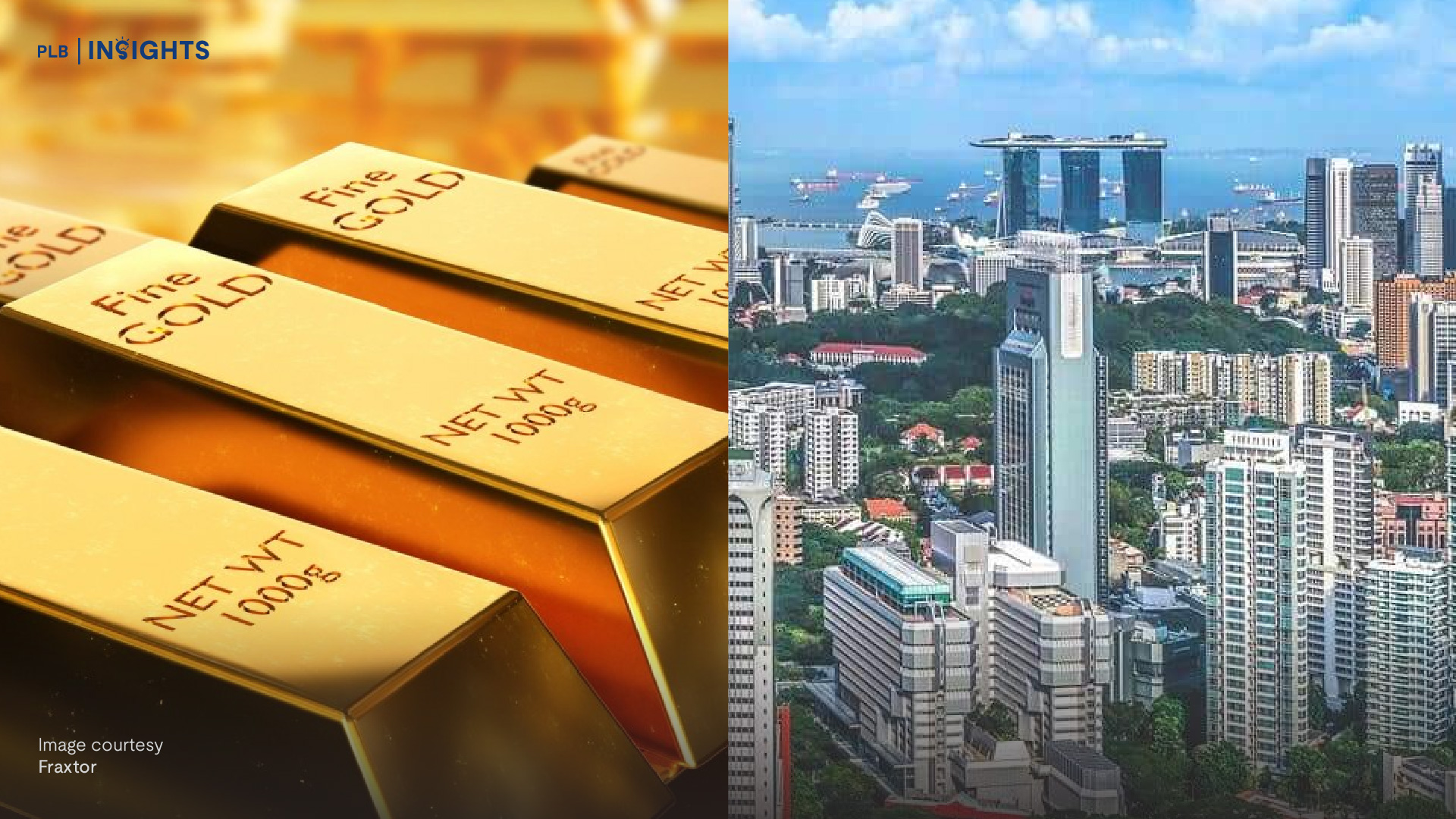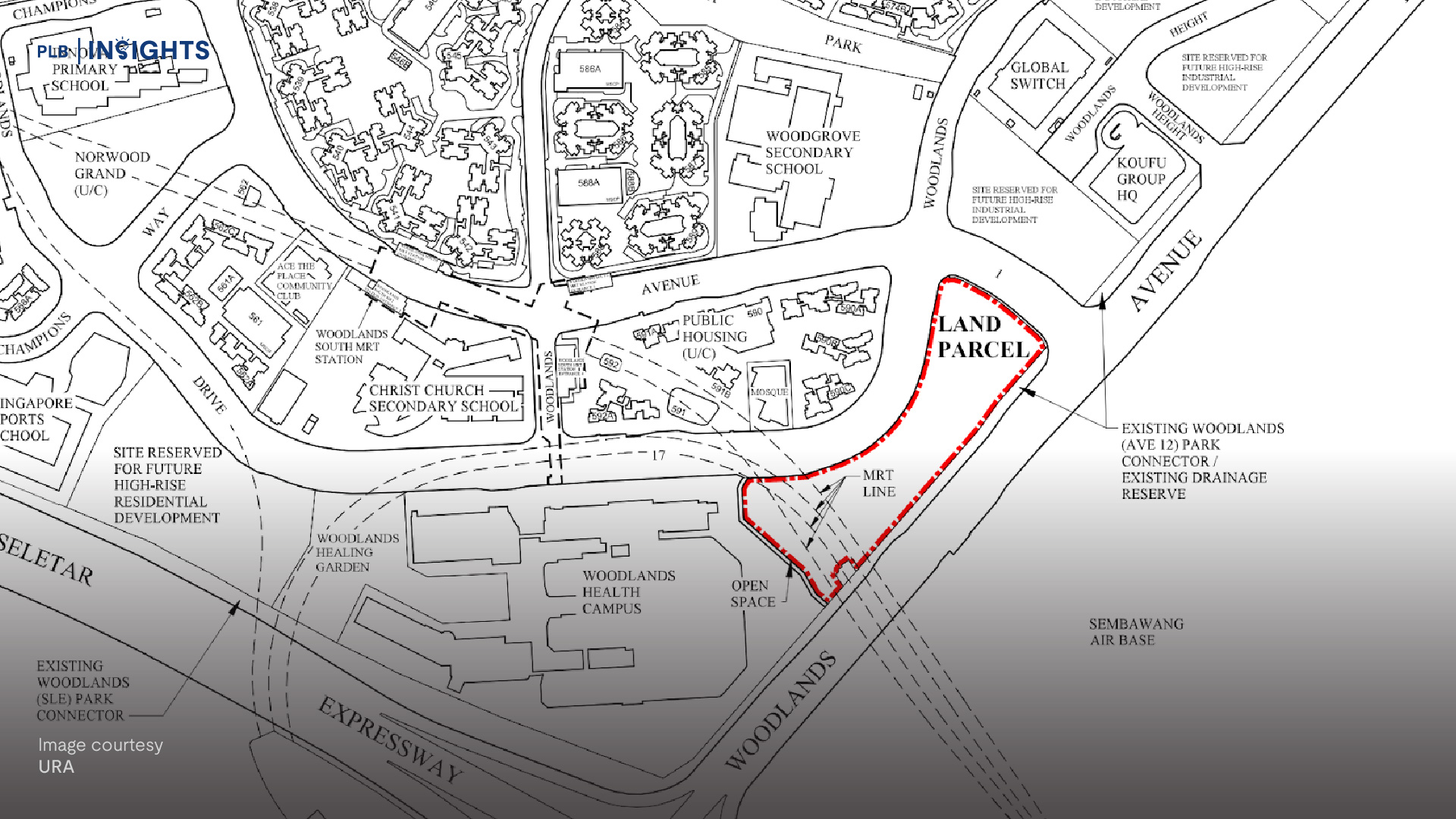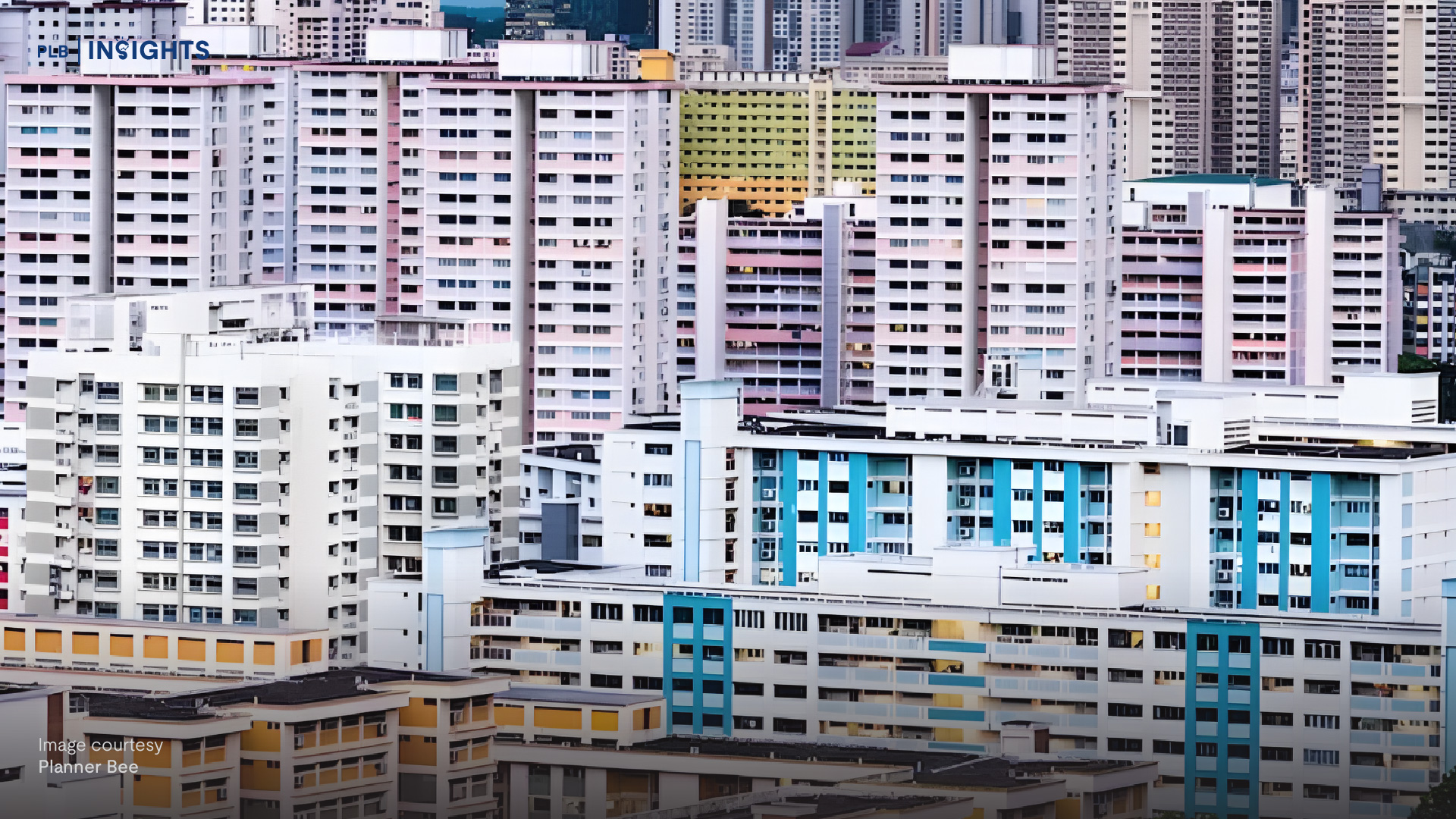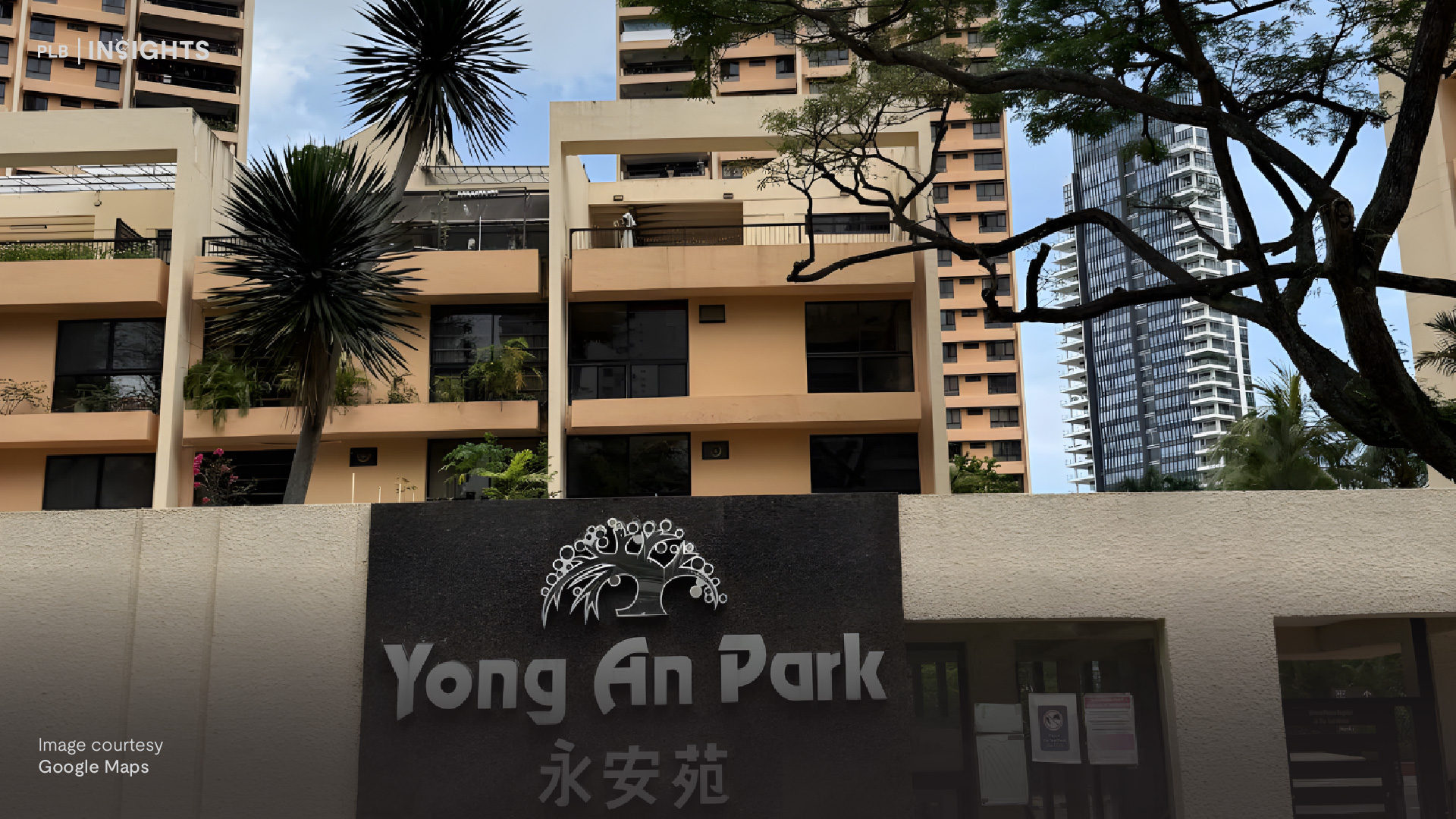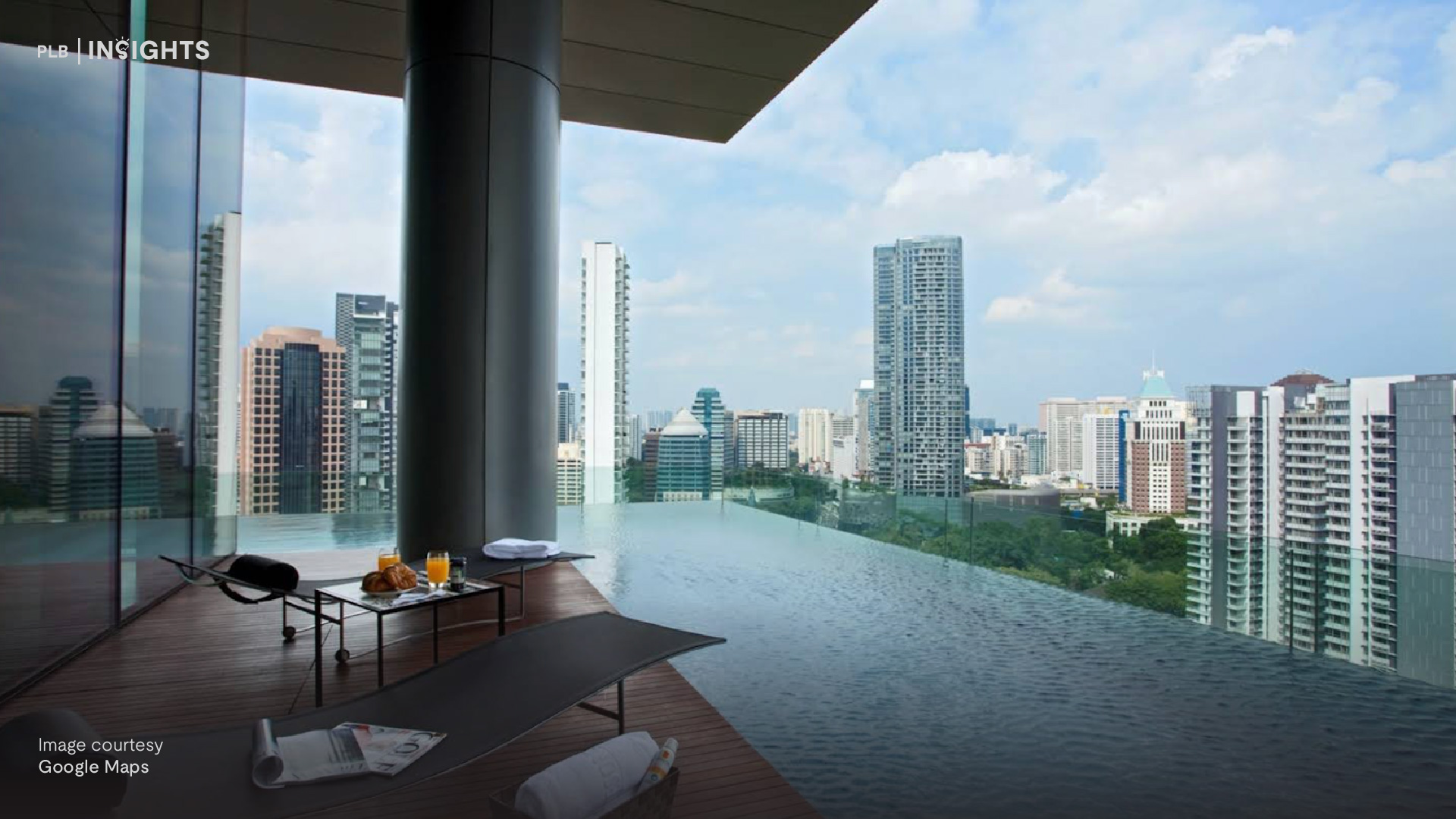
In Singapore, where land is limited and the demand for housing is constantly increasing, careful planning to make the most of available land is crucial. That’s why over 80% of land in this small island nation is owned by the state. This means that the majority of properties—whether they’re residential, commercial, or industrial—are on leasehold terms.
There are primarily three types of property tenures in Singapore: freehold, 99-year leasehold, and 999-year leasehold, although some properties may have a 103-year leasehold tenure.
Freehold properties grant owners perpetual ownership, allowing them to pass down their properties to future generations, fostering the creation of long-lasting wealth. Similarly, properties with 999-year leasehold tenures, while technically leasehold, offer such lengthy leases that they effectively function as freehold properties.
This article delves into 99-year leasehold residential properties, shedding light on what occurs when the lease on these properties comes to an end. Our discussion encompasses both private residences and HDB flats, providing comprehensive insights into this important aspect of property ownership in Singapore.
Options for Property Owners Facing Lease Expiry
Private Residences
The Singapore Land Authority (SLA) serves as the government’s custodian for all state-owned land in Singapore. When a property’s lease expires, ownership of the land it sits on returns to the state, and the SLA is not obligated to provide any compensation to homeowners. However, for private residences, there are two options that offer some relief, which we’ll discuss below.

- Lease Top Up
Residents of a specific development have the option to collectively request the Singapore Land Authority (SLA) for a lease top-up, effectively resetting the remaining lease on their properties to 99 years. However, this process involves paying a land premium for the lease extension, the amount of which is determined individually by a Chief Valuer at the SLA.
Several factors are taken into consideration by the SLA when evaluating such requests. These factors include the remaining years on the current lease, alignment with the government’s long-term land use plans, and the optimization of land use in line with Singapore’s evolving socio-economic needs.
While securing a lease top-up may seem like the ideal outcome, the substantial land premium required for the extension may make it financially impractical for residents.
- Initiating an En Bloc Sale
Although homeowners may no longer be able to reside in the condominium following a successful En Bloc sale (typically, homeowners are granted a 3-6 month grace period), it offers some relief compared to having nothing when their home’s lease expires. However, there are conditions to consider with an En Bloc attempt. Firstly, a significant majority, typically 80% or 90%, of homeowners within the development must collectively agree to the sale. Additionally, the entire process can be lengthy and stressful, with relatively low success rates for an En Bloc sale.
Furthermore, the buyer of the En Bloc, often private property developers, must ensure that the bid price is reasonable before proceeding with the sale. Factors taken into account by property developers include the development’s location, potential for redevelopment, and the marketability of the future project. We have recently published an in-depth guide on the En Bloc sale process, complete with practical insights. Click here to read more about it.
HDB Flats
When the lease on HDB developments expires, the properties revert back to the Housing Development Board (HDB), which then surrenders the land to the government. Similar to private residences, neither the HDB nor the SLA is obligated to compensate homeowners once the lease expires. The only potential relief for HDB flat owners is if their HDB block is selected for the Selective En-Bloc Redevelopment Scheme (SERS), initiated in 1995 to rejuvenate ageing public housing estates. Essentially, SERS is the En Bloc process for HDB flats. However, not every HDB project will be chosen for SERS, with only 4% identified for it since its inception.
There are limitations with SERS: homeowners cannot initiate the sale of their flats—it’s solely at the discretion of the state. Additionally, homeowners must surrender their properties if selected for SERS, even if they object to the sale.
Nevertheless, being selected for SERS is preferable to letting the lease expire with no value left. Flat owners are compensated at market value for their property and receive coverage for moving expenses. Additionally, they are guaranteed a flat at the replacement site, with subsidies and grants provided.

Challenges in Selling Homes with Declining Lease Terms
Dealing with a property with a dwindling lease and the subsequent decline in its value can present a significant challenge for homeowners in Singapore who are considering their long-term goals and financial plans. Selling a property with a short remaining lease can be difficult, as potential buyers may hesitate to invest significant sums in such a property. Below are the key factors that influence buyers’ reluctance to purchase properties with limited lease terms

Limited Financing Options
As a property’s lease shortens, banks become less willing to lend, leading to a lower Loan-to-Value (LTV) ratio. Properties with less than 35 years remaining on the lease often face loan rejection. Consequently, buyers must invest more of their savings in the purchase, while the property’s value steadily declines until the lease expires.
Lower CPF Withdrawal Allowance
CPF imposes restrictions on buyers using their funds to purchase older HDB flats with less than 60 years remaining on the lease. If the lease duration doesn’t cover the youngest buyer until age 95, financing is limited to a proportional sum. Moreover, CPF has stricter rules for short-lease properties, possibly necessitating a larger cash down payment. For instance, CPF funds can’t be used if the remaining lease is under 30 years.
Depreciating Value Of Leasehold Properties
Prudent homebuyers typically avoid investing in properties with short remaining leases, as they anticipate minimal chance of capital appreciation. Consequently, the pool of potential buyers dwindles, largely comprising individuals with limited budgets who are compelled to purchase at lower prices. The challenge of finding a suitable buyer at a fair price is exacerbated by the limited financing options outlined earlier.
Practical Takeaways
While opting for a property with a shorter lease may appear appealing due to its lower price, there are important factors to consider. Here are a few practical takeaways to ponder before deciding on such a property.
Having A Sound Exit Strategy
Even if you plan to stay in your chosen property indefinitely, it’s wise to have an exit strategy. Unexpected circumstances could arise, affecting your future plans and goals. Therefore, it’s essential to assess whether the property would attract a broad range of potential buyers in the future. The remaining lease of the property is a crucial factor to consider in your exit strategy.
Perform Thorough Due Diligence
If you have a specific neighbourhood or area in mind, take your time to carefully consider all available options. Avoid making hasty decisions driven by emotions. Evaluate factors such as location, remaining lease, and nearby property prices. With patience and thorough analysis, you’ll find the ideal home that meets your needs in this vibrant local real estate market.
Prudent Financial Planning
Carefully assess your financial situation, including your budget, financing options, and potential future expenses. Keep in mind that as the lease on a property shortens, its value decreases rapidly. This may require homeowners to dip into their savings for their next property, rather than using the proceeds from the sale. Additionally, older leasehold properties are notably more challenging to sell.

In Summary
Navigating the fate of properties in Singapore after their lease runs out is crucial due to the nation’s limited land and growing housing demand. With over 80% of land owned by the state, leasehold properties dominate the landscape, posing challenges and opportunities for homeowners.
Options such as lease top-ups, En Bloc sales for private residences, and the Selective En-Bloc Redevelopment Scheme (SERS) for HDB flats offer pathways for homeowners facing lease expiration. However, opting for a property with a shorter lease demands careful consideration.
Prudent financial planning, thorough due diligence, and establishing an exit strategy are essential steps to mitigate risks and maximise returns. If you’re in the market for a property or have any burning questions in your real estate journey, reach out to us here. Our friendly expert consultants are ready to assist you and provide the answers you need.

